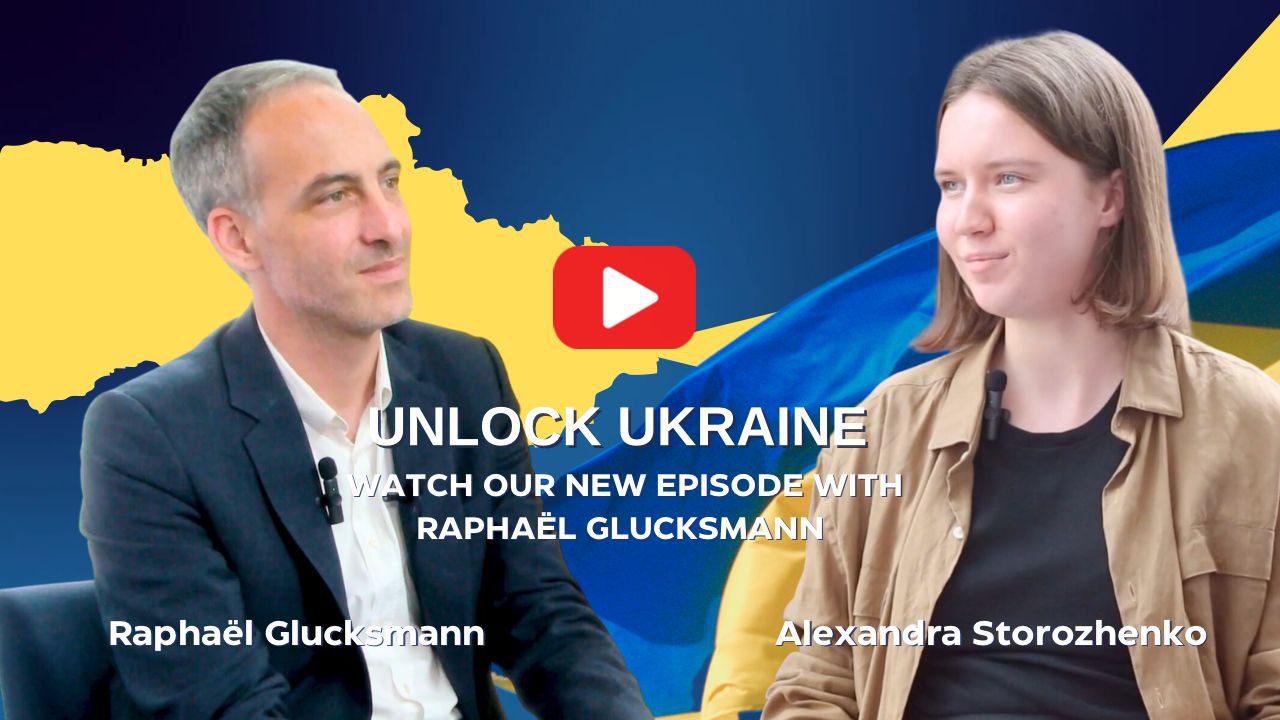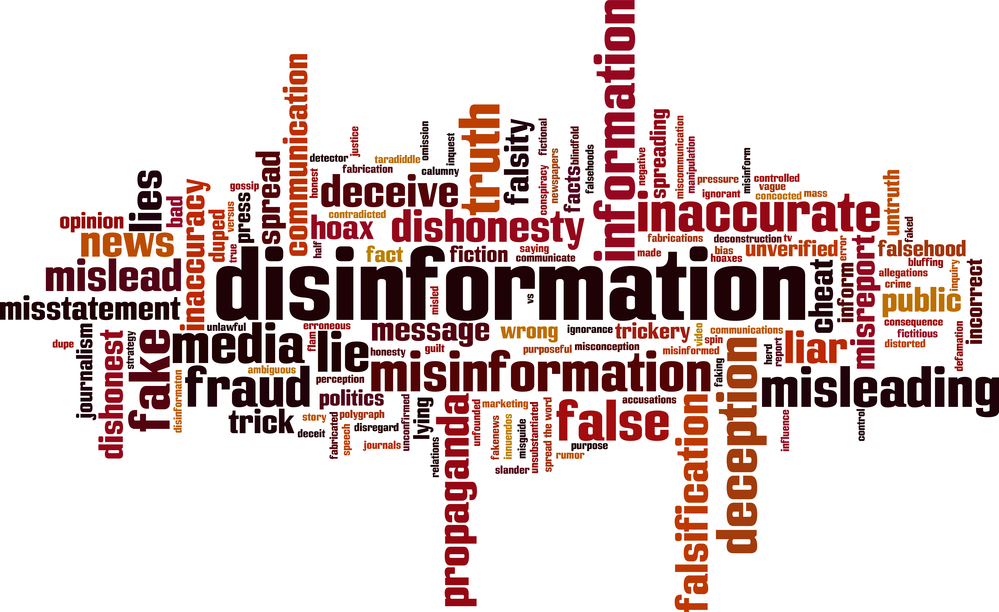Will the new High Representative be able to revitalise the fight against the Russian propaganda machine?
In all probability, the outgoing High Representative of the Union for Foreign Affairs and Security Policy, Federica Mogherini, will be remembered neither for her effective policies on, nor for her strong dedication against, Russian disinformation. Federica Mogherini is leaving her successor, Josep Borrell Fontelles, Spain’s Foreign Affairs Minister, who will take over from her with a baggage of half-finished business on this problem. Will the new High Representative be more uncompromising and make the fight against Russian disinformation one of his top priorities during the next five years?
Mogherini’s record on disinformation
During her tenure, Federica Mogherini has been criticised for not doing enough to tackle Russian disinformation. One target of criticism is the ‘East StratCom Task Force’, the first initiative on disinformation launched by the High Representative in 2015. Tasked with analysing and reporting on disinformation trends, as well as explaining EU policies to the Eastern Partnership countries (Armenia, Azerbaijan, Belarus, Georgia, Moldova and Ukraine), the Task Force has been constantly underfunded and understaffed, and had to rely on volunteers for conducting many of its information gathering activities. In an open letter, coordinated by the European Values think tank, and organisation specialised on Russian disinformation, various experts and analysts from around the EU and the neighbouring countries have called on the High Representative to “start taking the Russian disinformation threat seriously” and to increase the funding of the Task Force.
The overall record in the fight against disinformation of the outgoing High Representative has somewhat improved with: (a) the adoption of the 2018 Action Plan against Disinformation, a set of actions aiming to build up capabilities and to strengthen cooperation between Member States and EU institutions, and to proactively address disinformation, (b) the EU-wide Code of Practice on Disinformation, which outlines self-regulatory standards for the online platforms from transparency in political advertising to the closure of fake accounts, and finally, (c) the creation of the Rapid Alert System, to help facilitate the sharing of insights related to disinformation campaigns, and coordinate responses between the EU and member states. Without doubt, these were important and necessary steps in the fight against Russian disinformation.
However, it took the High Representative a long time to get these initiatives off the ground, especially considering that only five months passed between the adoption of the Action Plan and the European Parliamentary Elections 2019. In addition, there are concerns about the overall effectiveness of the self-regulatory approach compared to the adoption of hard measures, and the latest Commission’s report on the implementation of the commitments from the Code of Practice seems to confirm the fears. Facebook is a case in point, having introduced changes for making political advertising more transparent, including by creating Facebook ad library. Despite this, Politico reports that “it remains almost impossible to effectively track how political ads are bought and targeted across Facebook’s digital platforms”.
The Rapid Alert System is also not living up to the expectations because the EU does not have proper strategy for what kind of materials should be shared via the system, nor a plan for analysing them.
Finally, some critics say the EU’s policies are a double sided sword. There are fears that Europe is going too far, because restricting what type of communication can be shared online will inevitably curtail freedom of speech.
What’s next under Josep Borrell?
Will the new High Representative be able to revitalise the fight against Russian disinformation and offer new ideas?
Josep Borrell has a long history in the Spanish domestic politics and has previously served as the President of the European Parliament from 2004 to 2007. He has been Minister of Foreign Affairs, European Union and Cooperation of the Government of Spain since 2018. The High Representative-designate is respected among his colleagues not only in Brussels, but also in the capital cities of member states. This certainly played an important role in his nomination as it was not contested by the member states.
Contrary to his predecessor, this high-ranking Spanish politician is very outspoken, which can mean a new communication strategy and more assertiveness for the European External Action Service. Borrell’s priorities will be based on the EU’s New Strategic Agenda and Ursula von der Leyen’s expectations from him.
In public, Borrell has expressed somewhat contradictory views on Russia. Earlier this year, in the interview to the European Council on Foreign Affairs, he said he is not too concerned with Russia because the country is “economically and socially weak” and is only an “awkward neighbour”. At the same time, during the confirmation hearing in the European Parliament on 6 October, Borrell adopted a tough language on Russia, labelling it as one of the major challenges for the EU, in line with a more assertive China, a tumultuous Middle East and terrorism. He also expressed the view (unpopular among many EU Member States) that sanctions should be decided by qualified majority voting instead of unanimity.
When it comes to Russian disinformation, it is not yet clear if a new approach will be adopted. During the hearing, when specifically asked about disinformation, he replied that “this is something which doesn’t simply come from Russia, though a lot of it does”. His previous record on the topic is controversial. After reports that Russia interfered in the 2017 Catalan independence referendum, Borrell agreed to set up a joint cyber security group between Russia and Spain to stop the spread of misinformation. It seems the High Representative-designate believes in the proverb “keep your friends close, and your enemies closer”, yet it is highly questionable if this approach can bear any fruit.
Federica Mogherini refused to acknowledge the depth of the Russian disinformation problem: in the Action Plan outlining the objectives of the East StratCom, Russia was never mentioned. Hence, it is not surprising that the problem has not been tackled correctly and, according to recent reports, it got even worse with the number of disinformation cases attributed to Russian sources doubling in the last year. It remains to be seen whether Borrell will continue to implement the loose policies of his predecessor or offer a new vision. One thing is clear, however: if he is to succeed, Borrell has to treat the Russian disinformation threat seriously and to make the fight against it one of his top priorities.
Yana Brovdiy, Academic Assistant at the College of Europe, Brugge
Disclaimer: This article is written in a personal capacity.
Article from the 1st edition of the journal Brussels Ukraїna Review






 UA
UA FR
FR DE
DE

